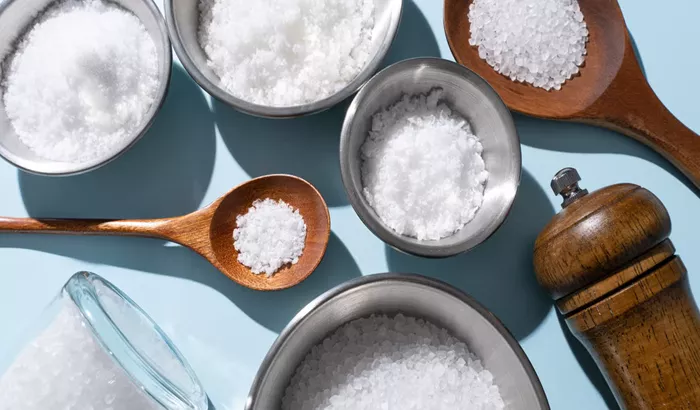A new study suggests that eating too much salt could lead to depression. The research, published in The Journal of Immunology, found that mice on a high-salt diet showed depression-like behaviors. The key factor appears to be a rise in a protein called IL-17A, which is linked to depression symptoms.
How Salt Affects Depression
In the study, mice were fed either a normal or high-salt diet for several weeks. Mice on the high-salt diet showed signs of depression, similar to those exposed to stress. The high-salt diet caused an increase in IL-17A, a protein that plays a role in depression.
The researchers also found that certain immune cells, called γδT cells, produced more IL-17A in the mice on the high-salt diet. When these cells were blocked, the depression-like behaviors decreased.
What This Means for People
While the study was conducted on mice, experts believe the findings could have implications for humans. Reducing salt intake might help prevent depression. However, experts caution that more research is needed to confirm this link in humans.
Why You Should Cut Back on Salt
Too much salt is already known to cause health problems like high blood pressure and heart disease. This study suggests it may also affect mental health. Experts recommend limiting salt intake, especially for those with health conditions like heart disease or diabetes.
Related topics:
- Why Experts Are Cautioning Parents About Giving Kids Dietary Supplements
- USDA Recalls Over 200,000 Pounds of Liquid Eggs Due to Possible Bleach Contamination
- Study Finds Chewing Gum May Expose You To Harmful Microplastics


